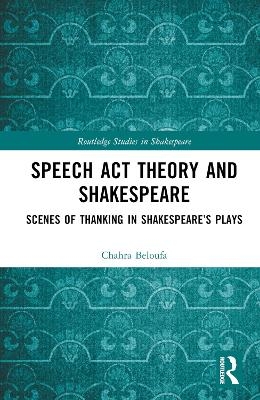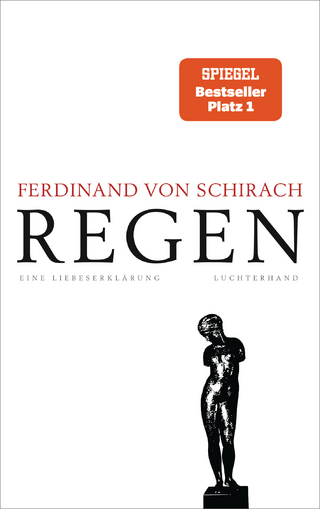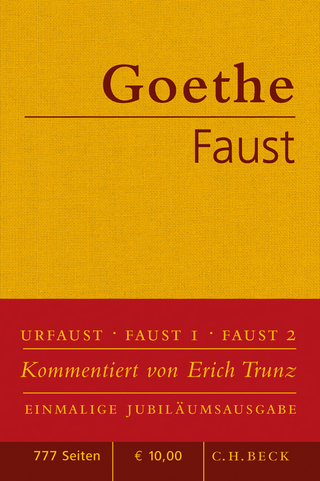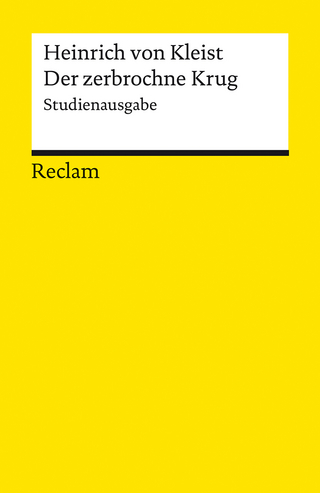
Speech Act Theory and Shakespeare
Routledge (Verlag)
978-1-032-72714-1 (ISBN)
This work adds to our comprehension of Shakespearean plays and larger conversations on the challenges of language usage in theatrical and cultural settings by examining the convergence of gratitude with power dynamics, political intrigue, and interpersonal relationships, drawing on a multidisciplinary approach that includes pragmatics, philosophy, religion, and psychology.
Chahra Beloufa is Assistant Professor of English language and literature at the Arab Open University, Saudi Arabia. She has a PhD from the University of Paul Valery. She was a researcher at The Institute of Research on the Renaissance, the Classical Age, and the Enlightenment (IRCL) working under the supervision of Prof Nathalie Vienne Guerrin.
General Introduction
Part I: Thanking in the Elizabethan World
1.1. The Early Modern Lexicon of “Thanking”
1.2.1. Eucharist and Thanksgiving
1.2.2. Performing Grace versus Saying “Thanks”
1.3. Thanking in Early Modern England: From a Learned Habit to an Institutionalised Social Norm?
1.3.1. Festive Thanking
1.4. Prayer: Spiritual Economy of Thanking
1.5. Benedicam Dominum: Singing Benefits
1.6. Thankfulness and Beneficence: A Treatise of Christian Beneficence
1.7. Charitable Giving and the Thanksgiving of the Poor in Early Modern England
1.8. Urban Patronage in England and the Importance of Giving
1.9. Gift and Graceful Language
1.10. A Gentleman’s “Thanks”: Images of Courtesy
1.11. Women’s Thanks: “The Churching of Women” or the “Thanksgiving of Women after Childbirth”
1.12. Gratitude and Erasmus: On Giving Thanks and Liberality
1.13. Kindness and Gratitude
Conclusion
Part II: The Art of Thanking in Shakespeare: Scene Focus
2.1. Thanking as a Verbal and Non-Verbal Activity in Theatre
2.2. Thanks as a Politeness Sensitive Speech Event
2.3. Theories of Politeness
2.4. Politeness in Dramatic Dialogue
2.5. Thanking in Pragmatics
2.6. Thanking and Not Thanking in Shakespeare
2.7. Diplomatic Thankings in Shakespeare: A Political Super Strategy to Characters’ Empowerment
2.8. “The poorest service is repaid with thanks” The Importance of Giving when Thanking is Not Enough, the case of The Merchant of Venice
2.9. “Do so, and After Two Days I Will Discharge Thee” (Tem. 1.2.): Characters Waiting for Restitution and Recompense
2.10. Excessive Giving of Thanks and Gifts: The Way to Misanthropy in Timon of Athens
2.11. “We Met Here Both to Thank and to Remember” (Cor.2.2): The Role of Memory in Giving Thanks in Shakespeare’s Plays
2.12. Ceremonial Thanksgiving on the Stage: Prayer and Sacrifice in Pericles and Cymbeline
Conclusion
General Conclusion
| Erscheinungsdatum | 04.05.2024 |
|---|---|
| Reihe/Serie | Routledge Studies in Shakespeare |
| Zusatzinfo | 4 Tables, black and white; 2 Line drawings, black and white; 2 Illustrations, black and white |
| Verlagsort | London |
| Sprache | englisch |
| Maße | 152 x 229 mm |
| Gewicht | 453 g |
| Themenwelt | Literatur ► Lyrik / Dramatik ► Dramatik / Theater |
| Kunst / Musik / Theater ► Theater / Ballett | |
| Geisteswissenschaften ► Sprach- / Literaturwissenschaft ► Anglistik / Amerikanistik | |
| Geisteswissenschaften ► Sprach- / Literaturwissenschaft ► Literaturwissenschaft | |
| ISBN-10 | 1-032-72714-4 / 1032727144 |
| ISBN-13 | 978-1-032-72714-1 / 9781032727141 |
| Zustand | Neuware |
| Haben Sie eine Frage zum Produkt? |
aus dem Bereich


